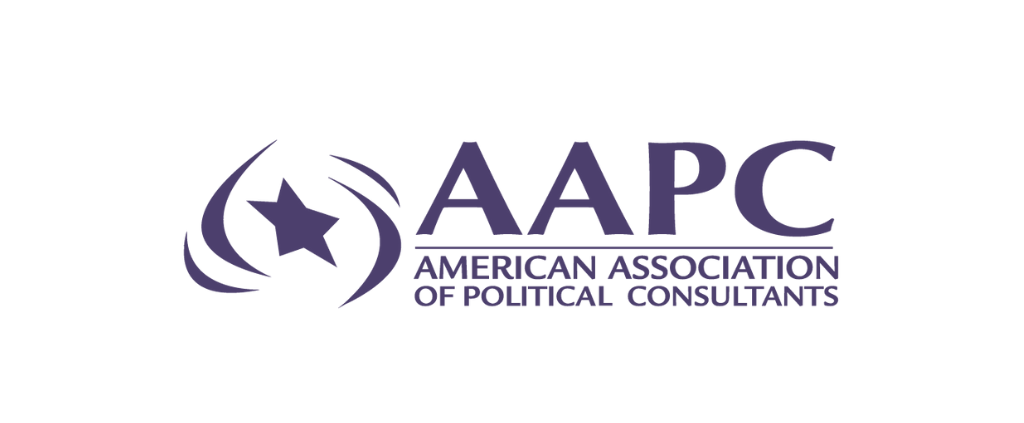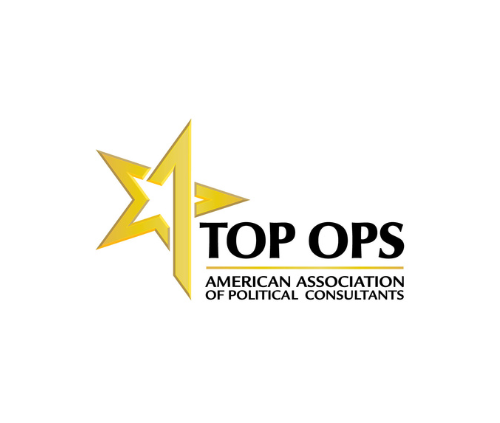Connect With Us!
AAPC Featured Jobs
 Recent job postings
Recent job postings
- IE Political Coordinator - Democratic Governors Association - , DC 07/17/2025
- Political Science Adjunct Rolling Pool - Virginia Commonwealth University - Richmond, VA 07/17/2025
- Associate Vice President, Direct Mail (Political) - MissionWired - , Remote 07/16/2025
- Public Affairs Communications Manager - JPMorganChase - New York, NY 07/16/2025
- Call Time Manager, Maine Political Exploratory Committee for Statewide - Confidential - , ME 07/16/2025
- Adjunct Pool: Public Policy and Administration Program (PPAD) - Virginia Commonwealth University - Richmond, VA 07/15/2025
- Adjunct Faculty, Department of Political, Social and Cultural Sciences - Kean University - Union, NJ 07/15/2025
- Adjunct Faculty, Department of Criminal Justice and Public Affairs - Kean University - Union, NJ 07/15/2025
- Part-time Lecturer Political Science (Pool Ad) - University of Louisville - Louisville, KY 07/13/2025
- Independent Expenditures & Political Committee Liaison - New York City Campaign Finance Board - New York, NY 07/11/2025
ABOUT AAPC
Contact us!
[email protected] or
703-245-8020
American Association of Political Consultants (AAPC)
1750 Tysons Boulevard, Suite
1500, McLean, VA 22102


